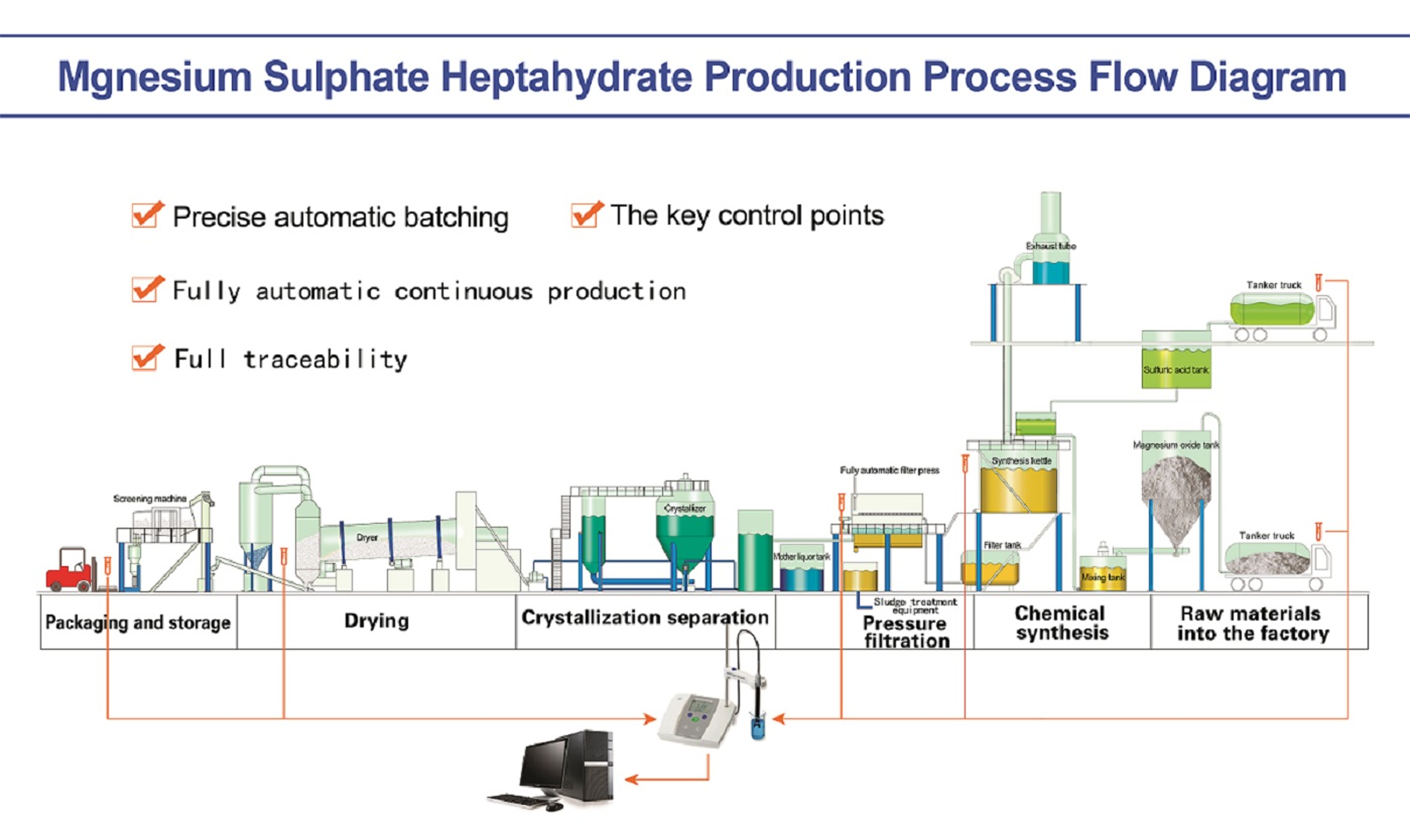Hydrogenated Phosphatidylcholine (HPC) is a phospholipid derived from natural phosphatidylcholine, which has undergone hydrogenation to improve its stability. It is widely used in various industries, particularly in pharmaceuticals, cosmetics, and food. Here's a breakdown of its uses:
### 1. **Pharmaceuticals:**
- **Liposomal Drug Delivery:** HPC is a key component in the formation of liposomes, which are used as carriers for drugs, especially in targeted drug delivery systems. Liposomes encapsulate the active drug, improving its bioavailability, reducing toxicity, and enhancing the drug's efficacy.
- **Lipid-Based Nanocarriers:** HPC is also used in developing lipid-based nanocarriers for the delivery of poorly water-soluble drugs.
- **Stabilizing Active Ingredients:** Due to its hydrogenation, HPC has improved stability, which helps protect sensitive active ingredients in formulations.
### 2. **Cosmetics:**
- **Skin Care Products:** HPC is used in cosmetics for its skin-conditioning and moisturizing properties. It helps in forming a protective barrier on the skin, improving hydration, and providing a smooth texture.
- **Emulsifier:** In cosmetic formulations like creams and lotions, HPC acts as an emulsifier, stabilizing water and oil mixtures.
- **Anti-Aging Formulations:** HPC is used in anti-aging products to improve skin elasticity, enhance moisture retention, and repair the skin barrier.
### 3. **Food Industry:**
- **Lecithin Substitute:** As a hydrogenated form of lecithin, HPC can be used in the food industry as an emulsifier and stabilizer. It's often found in processed foods to maintain texture and extend shelf life.
- **Nutraceuticals:** HPC may be used in dietary supplements, especially in formulations aimed at enhancing liver health or cognitive function.
### 4. **Other Applications:**
- **Inhalation Formulations:** HPC can be part of aerosol formulations used in inhalation therapies.
- **Dermal Patches:** It may be incorporated into transdermal drug delivery systems (patches) to improve the penetration of active ingredients through the skin.
Its versatility and stability make hydrogenated phosphatidylcholine an essential ingredient across these industries.


 Guarantee safe
Guarantee safe 






